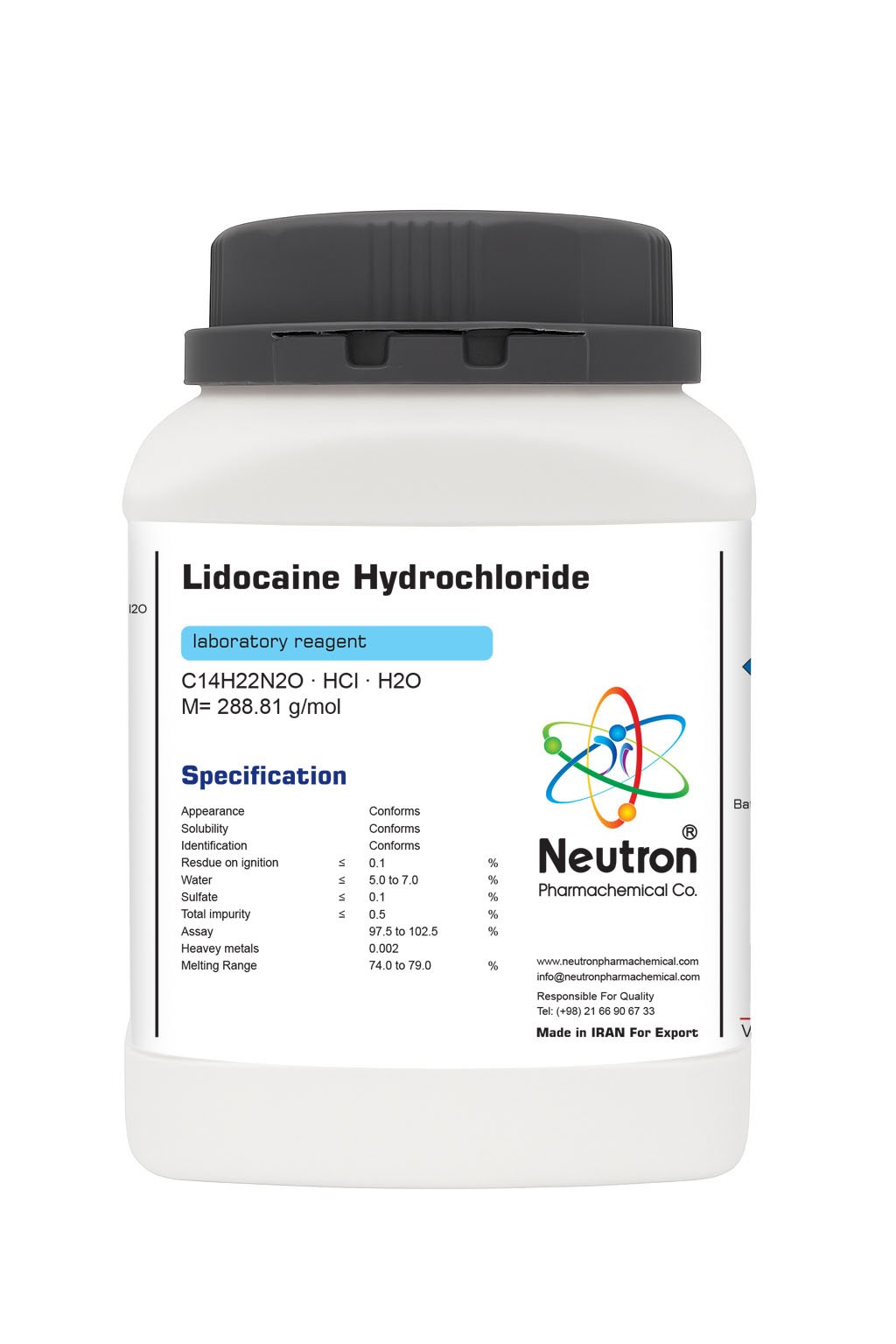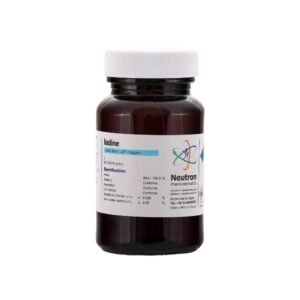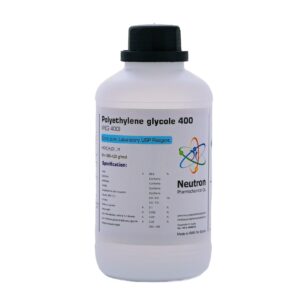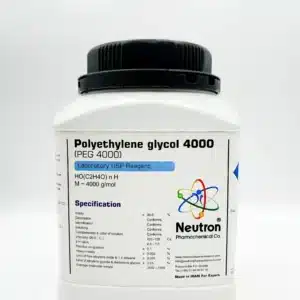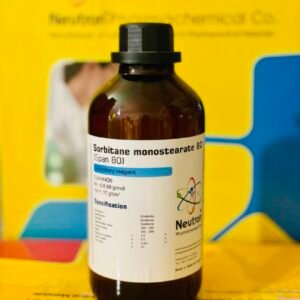Lidocaine hydrochloride is a medication used to numb tissue in a specific area (local anesthetic) and to treat irregular heartbeats (antiarrhythmic). It belongs to the amide group of local anesthetics and works by blocking sodium channels, which stops the nerves from sending pain signals.
🏭⚗️ Synthesis
Lidocaine hydrochloride is made by chemically reacting 2,6-dimethylaniline with chloroacetyl chloride, followed by a reaction with diethylamine. The final product is then converted into the hydrochloride salt to improve its water solubility.
🧪 Applications
It is commonly used in medicine for numbing during minor surgeries, dental procedures, and relieving pain from conditions like shingles. It can also be given intravenously to manage certain heart rhythm problems. Lidocaine is available in various forms such as injections, creams, gels, and patches.
⚠️ Safety
Lidocaine hydrochloride is generally safe when used correctly but may cause side effects including dizziness, numbness, or allergic reactions. Overuse can lead to serious problems such as seizures or heart issues. Caution is advised for people with liver problems or heart

